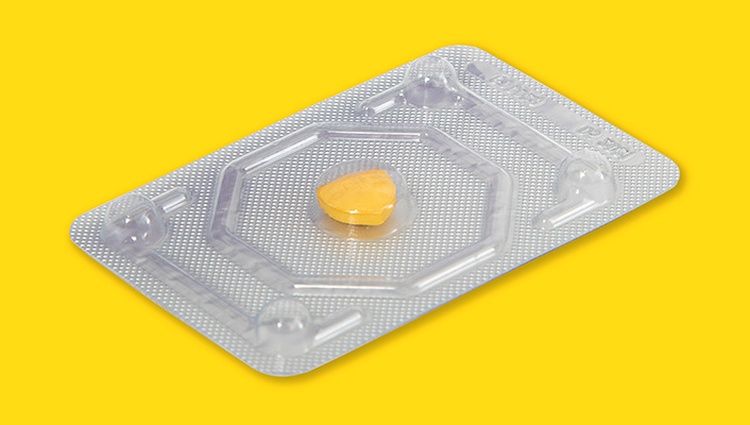Is there any new material addressing the scientific and ethical questions of the “morning after pill” and the whole abortifacient issue?
Randy Alcorn has a revised ProLife Answers to ProChoice Arguments as well as his book Why ProLife? published in 2004. [See also Pro-Choice or Pro-Life? published in 2020.] He has taken great care to cite all original sources for his readers so that they may use the books not only for reading, but as reference tools. Randy is, as far as I know, the most synthesized writer on the topic. By that I mean that he has done an extraordinary analysis of the available evidence and has put it into a format that is accessible and comprehensible to the average reader.
But there are other good resources that you may wish to check out. One such resource is Pharmacists for Life (PFLI), an international group of pharmacists founded by Dr. B. Kuhar, who oppose filling prescriptions for exogenous hormonal “birth control”—the “pill” and other prescribed BC drugs with a known abortifacient affect. They are professionals who are specially trained to understand drug actions and interactions. You can e-mail them directly at pfli@pfli.org or call them at (740) 881-5520, or send a fax to (707) 667-2447.
Each year the Federal Food and Drug Administration requires all pharmaceutical companies to submit the most recent product information on each and every drug that is manufactured under the approval of the FDA. This information is reflected in the annual publication of The Physician’s Desk Reference (PDR). This book is written with trained physicians in mind as its primary readership. So it can be daunting, but if you are familiar with the language of science and pharmacology it is quite a good reference tool. If you are not comfortable in reading it, you can always call, e-mail or fax a question to PFLI. You may also want to ask for some of their brochures on the abortifacient impact of the pill and like birth control products.
As to your specific question on the “morning after pill,” I leave you with a quote that should assist you in understanding how such products are intended to prevent or stop a pregnancy.
Browse more prolife articles and resources, as well as see Randy's books Pro-Choice or Pro-Life: Examining 15 Pro-Choice Claims, Why ProLife? and ProLife Answers to ProChoice Arguments.“The administration of relatively large doses of estrogens ('morning-after pill') for several days, beginning shortly after unprotected sexual intercourse, usually does not prevent fertilization but often prevents implantation of the blastocyst. Diethylstilbestrol, given daily in high dosage for 5-6 days, may also accelerate passage of the dividing zygote along the uterine tube ... Normally, the endometrium progresses to the secretory phase of the menstrual cycle as the zygote forms, undergoes cleavage, and enters the uterus. The large amount of estrogen disturbs the normal balance between estrogen and progesterone that is necessary for preparation of the endometrium for implantation of the blastocyst. Postconception administration of hormones to prevent implantation of the blastocyst is sometimes used in cases of sexual assault or leakage of a condom, but this treatment is contraindicated for routine contraceptive use. The 'abortion pill' RU486 also destroys the conceptus by interrupting implantation because of interference with the hormonal environment of the implanting embryo. ... An intrauterine device (IUD) inserted into the uterus through the vagina and cervix usually interferes with implantation by causing a local inflammatory reaction. Some IUDs contain progesterone that is slowly released and interferes with the development of the endometrium so that implantation does not usually occur.” [Keith L. Moore and T.V.N. Persaud, The Developing Human (Philadelphia: W.B. Saunders Company, 1998)].
Photo by Benjamin Moss on Unsplash





